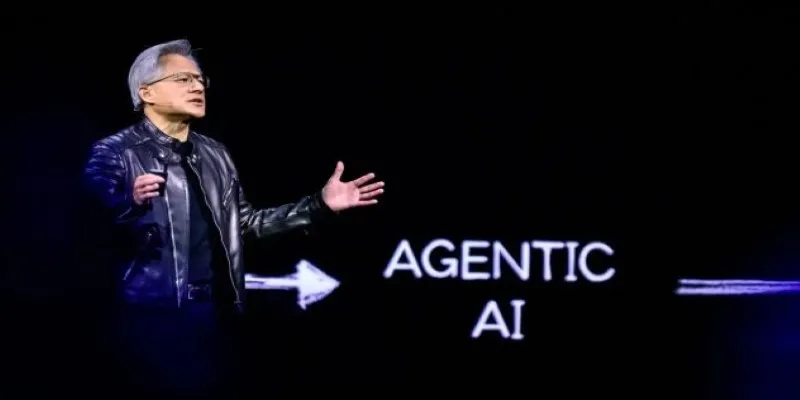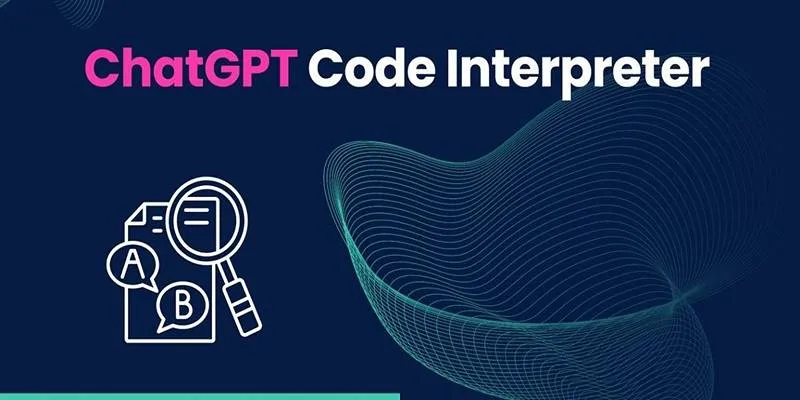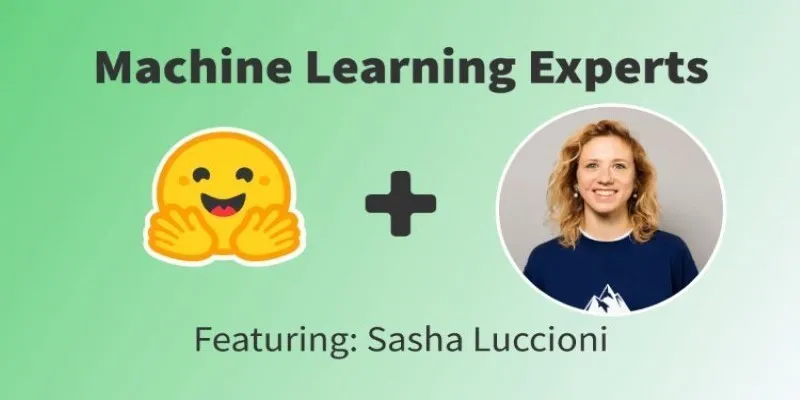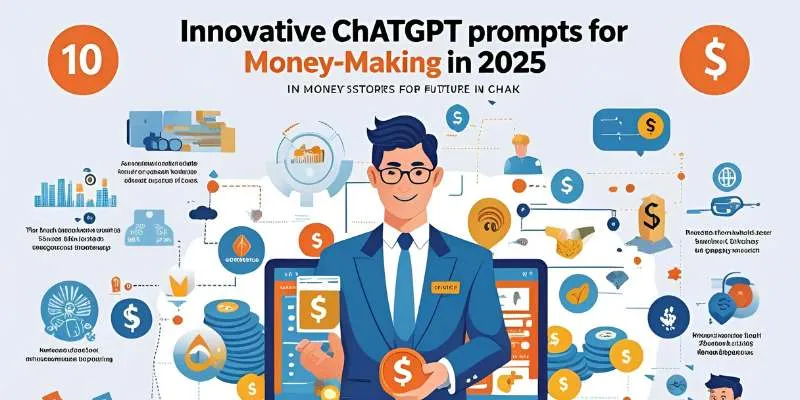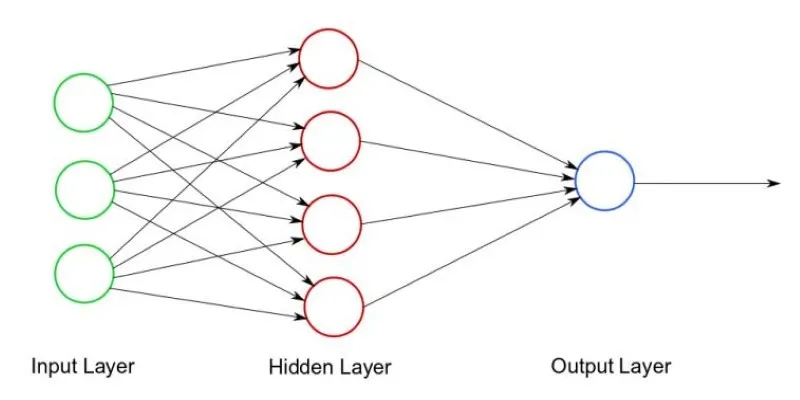Artificial intelligence is transforming digital marketing in the gaming industry by enabling game companies to better understand their players, create personalized experiences, and enhance advertising strategies. From advanced data analysis to targeted promotions, AI is making marketing more efficient and engaging for gamers. This transformation is paving the way for innovation and driving growth in the gaming world.
What is AI in Digital Marketing?

AI in digital marketing involves using machine learning, natural language processing, and predictive algorithms to optimize and automate marketing strategies. Whether it’s crafting personalized ad campaigns or predicting user behaviors, AI enables marketers to make data-driven decisions more swiftly and accurately.
In the gaming sector, marketing efforts are tailored to attract attention and address the needs of specific gamer groups. The integration of AI technology allows companies to analyze player information, trends, and messages, optimizing conversion rates effectively.
Why AI Matters in Gaming Marketing
AI has revolutionized the way gaming companies approach marketing. Here are some reasons why AI is crucial for gaming marketing success:
- Personalization: AI allows marketers to tailor campaigns for different gamer segments based on preferences, behaviors, and interests, leading to more targeted and relevant messaging and increasing conversion chances.
- Real-time optimization: AI algorithms can analyze data in real-time, enabling marketers to adjust and optimize campaigns on-the-fly, ensuring ads remain relevant and effective amid market changes.
- Predictive analytics: By analyzing vast amounts of player data, AI can predict future behaviors and preferences, allowing gaming companies to anticipate and personalize marketing strategies, boosting success rates.
AI-Driven Personalization
Hyper-Personalized Ads
One of AI’s most significant contributions to gaming marketing is its ability to deliver hyper-personalized ads. AI-powered algorithms analyze data such as gameplay habits, spending patterns, and demographic details to serve ads that feel tailor-made for the individual.
For instance, a casual mobile gamer who frequently purchases items in free-to- play games might see advertisements for high-value in-game bundles. Meanwhile, a competitive Esports player may be targeted with promotions for peripherals like gaming keyboards or high-refresh-rate monitors.
Dynamic Content Personalization
AI also enables real-time content personalization within games themselves. For example, companies can dynamically adjust game offers, skins, or challenges based on a player’s preferences. These personalized touchpoints not only improve engagement but also enhance the overall player experience.
Predictive Analytics for Better ROI
Anticipating Player Behavior
AI-powered predictive analytics tools help marketing teams anticipate player behavior with remarkable accuracy. By analyzing data like session length, in- game actions, and social activity, marketers can predict:
- When a player might be most likely to watch an ad or purchase an in-app item.
- Which promotions are likely to convert a specific player segment.
- When a player is at risk of churn, allowing marketers to intervene with retention strategies.
AI’s predictive power ensures valuable marketing dollars are spent wisely, maximizing return on investment (ROI).
Optimizing Release Timelines
For AAA game studios, releasing a title at the right time is crucial for success. AI helps identify the ideal launch window by analyzing factors like competing releases, seasonal player activity, and historical sales data.
Smarter Voice and Chatbot Engagement
Conversational AI
AI-powered chatbots are increasingly being used to engage with gaming communities. Bots can guide players through game tutorials, answer FAQs, and even provide customer support. For instance, Riot Games uses AI chatbots to assist with player queries for games like League of Legends.
Voice Search Optimization
Voice search is also growing among gamers, especially with the rise of smart devices. AI enables marketers to optimize their content for voice search, ensuring visibility when players are asking questions like, “What’s the best free FPS game right now?” or “Where can I get discounts on game bundles?”
Enhanced Social Media Campaigns
Social Listening
Social media is a critical battlefield for gaming companies, where player communities thrive and fans interact with brands. AI-powered social listening tools can monitor conversations across platforms, tracking trends, sentiment, and mentions in real-time.
This means gaming companies can:
- Identify trending topics within the community.
- Respond swiftly to customer feedback (both positive and negative).
- Stay ahead of budding trends within niche segments.
Automated Influencer Identification
AI tools are also helping gaming marketers identify the right influencers for their campaigns. For example, algorithms can evaluate metrics like engagement rates, audience demographics, and content themes to match brands with influencers who align with their goals.
AI in Programmatic Advertising
AI is driving programmatic advertising to new heights. Programmatic ad platforms use real-time AI algorithms to automatically purchase and position ads for maximum visibility and impact.
For gaming companies, this means being able to:
- Target the right audiences across multiple platforms, from YouTube to Twitch to mobile apps.
- Bid smarter on ad placements to get the most value for their budget.
- Measure ad performance in real-time and make adjustments instantly.
Key Benefits for Gaming Marketers
Efficiency and Cost Savings
AI takes care of repetitive marketing tasks such as ad bidding, data analysis, and even content creation. This allows gaming marketers to focus on high-level strategies while saving both time and money.
Deeper Engagement
By personalizing content and ads, AI helps create a richer, more engaging experience for players. This not only boosts sales but also strengthens brand loyalty.
Competitive Advantage
The gaming industry moves quickly, and staying ahead requires innovation. Companies that adopt AI in their marketing are better positioned to outpace their competitors and adapt to changing market conditions.
How to Get Started with AI in Gaming Marketing
Implementing AI in your marketing strategy may sound intimidating, but you don’t need to reinvent the wheel. Here are some actionable steps to get started:
- Identify Your Goals : Are you looking to improve player retention, increase in-app purchases, or boost community engagement? Clarify your objectives.
- Leverage Existing Tools : Start with user-friendly AI tools like Jasper for content generation, HubSpot for CRM, or Google Analytics for behavioral insights.
- Test and Optimize : Use AI tools to experiment with targeted campaigns and refine them based on real-time performance insights.
- Stay Updated : AI technology evolves rapidly. Keep learning about the latest tools and case studies.
Future Trends and Innovations

As technology continues to evolve, we can expect AI to play an even bigger role in content marketing. Here are some potential future trends and innovations that could shape the industry:
- Chatbots : Chatbots can assist customers with personalized recommendations based on their preferences. They can also handle customer service inquiries and provide real-time support.
- Hyper-Personalization : AI technology can analyze vast amounts of data to create highly personalized content for individuals, rather than segments or demographics.
- Virtual Reality (VR) and Augmented Reality (AR) : As VR and AR technologies become more accessible, brands can use them to create immersive experiences that engage consumers in a whole new way.
Conclusion
AI is revolutionizing digital marketing in the gaming industry by enabling brands to deliver highly targeted and personalized experiences. From analyzing player behavior to optimizing in-game advertisements, AI empowers marketers to connect with their audience in meaningful ways. Automated systems enhance customer support, while dynamic content ensures that players stay engaged. Additionally, technologies like VR and AR, when paired with AI, create sophisticated, interactive environments that elevate gaming to new heights.
 zfn9
zfn9












